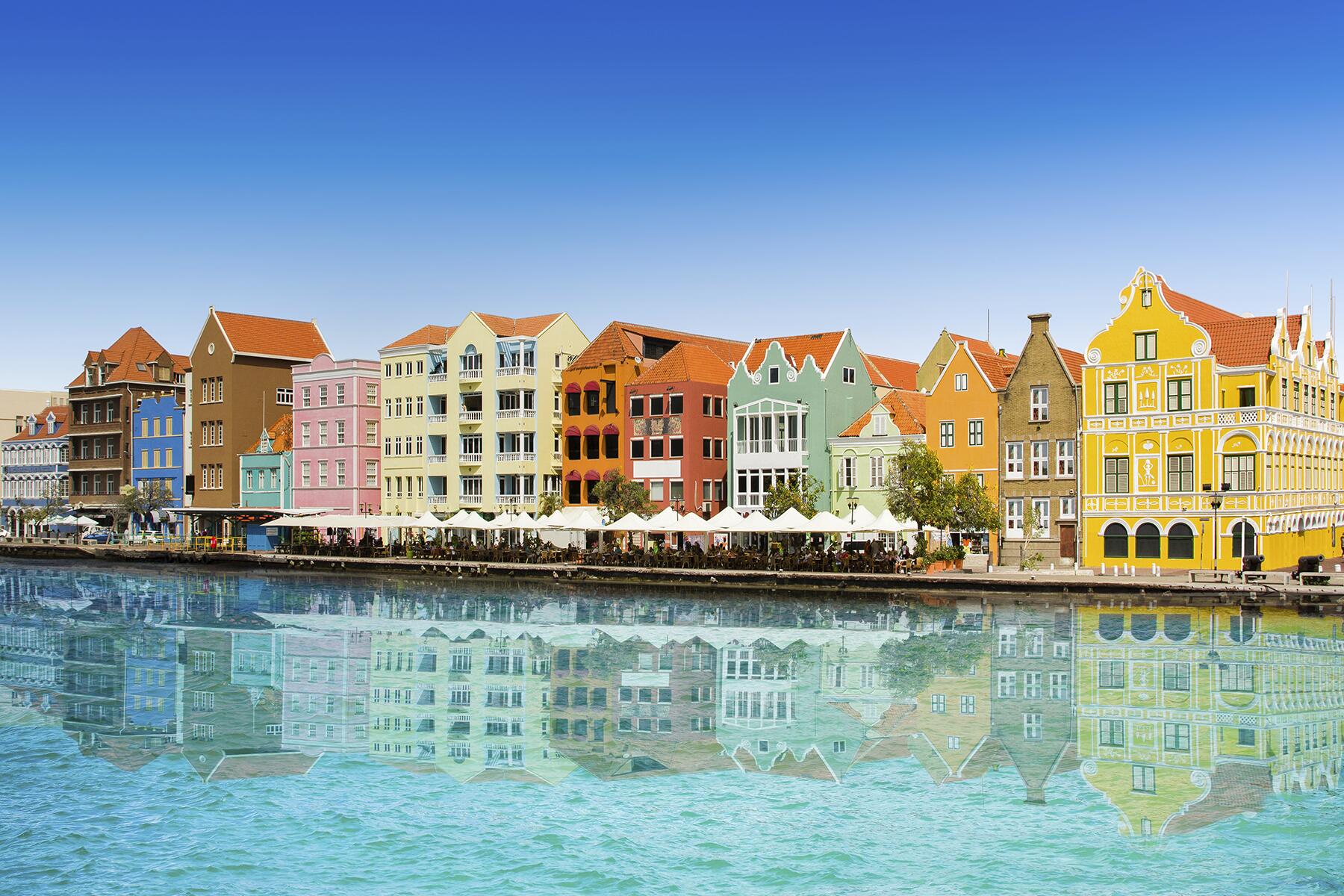This is part four in a week-long series on Fodor’s Summer Travel Survey. You can read part one, part two, part three, and part five. Fodor’s Travel surveyed 1,527 readers through our newsletter. Want to take future Fodor’s surveys? Make your voice heard! Sign up here.
The fear of having an encounter with an unruly passenger on a flight is real. In Fodor’s Summer Travel Survey, we found out that 60.3% of respondents are concerned about disruptive passengers on planes. Not only are readers concerned, but annoyed with the uptick in violent in-flight behavior–25% regard it as the single most annoying thing about travel right now.
American travelers also suggested the consequences they think unruly passengers should face. Eighty-seven percent said they want such fliers to be banned from flying and 80% want them to be fined, too. Around 51% said jail time was the appropriate punishment, while just 0.3% believed there should be no punishment at all. Many responded with the suggestions of community service and a federal no-fly rule, something that airlines have been demanding, too.
Readers also had a variety of draconian suggestions for punishment. Some believed life in prison would be appropriate, while several respondents felt offenders should be permanently banned from all airlines in the entire world. Others suggested novel approaches, such as providing restitution to all delayed passengers. One reader said they should be stripped of the Global Entry or TSA Pre-check privileges.
Recommended Fodor’s Video
A respondent also described their own bad experience while flying to Los Angeles from New York when their plane was delayed by four hours due to weather on Super Bowl Sunday. But that wasn’t the worst of it. They said, “Then an unruly passenger got drunk and we had to detour to Denver and wait while everyone got statements. We were on the plane for like 14 hours.”
Dealing With Unruly Passengers
Punishments are already being meted out by the Federal Aviation Administration (FAA), after a zero-tolerance policy was adopted in January 2021. Offenders are getting slapped with hefty fines and prosecution.
In 2021, the FAA proposed $5 million in fines against unruly passengers. Already this year, it has proposed fines worth $2 million. The largest-ever fines—$81,950 and $77,272—were levied against two fliers last month. One was penalized for kicking, biting, spitting, and headbutting crew and passengers, while the other tried to hug and kiss passengers and crew and tried to exit the plane mid-flight—both incidents happened in July 2021.
A majority of incidents that airlines have reported have been mask-related. Since 2020, airline crew has had to enforce mask rules on flights, and passengers who refuse have gotten into altercations about it. In 2021, 5,981 incidents of bad behavior were reported to the FAA and 4,290 were mask-related. The incidents are at an all-time high, with 1,272 reported as of April 2022.
Last month, a federal judge struck down the federal mask mandate, which means that masks are no longer required on flights, buses, and trains. Flight attendants and airlines have welcomed the ruling, expecting it to help reduce the severity and number of assaults the crew has been experiencing. However, the agency is likely to maintain its zero-tolerance policy.
Even though the legal requirement is gone, the CDC still recommends that you mask up on public transportation and according to our survey, 73% of Americans will continue to do so. In addition, 65% of the respondents said they would prefer that airlines require masking on flights.




My personal observation of masking on public transportation subjectively says that less than 40% are still masking. I suppose my smaller sample, along with possibly a predisposition for those who actually fill out the surveys to want to mask, could contribute to this difference. Anyway, 73% is clearly NOT what I'm seeing.
On my recent flights out of PHL, EWR, LAX, ATL and DFW the percent wearing face masks was all over the map. Here's my estimate of what I saw: DFW - 20-25%, ATL - 30-35%, LAX - 55-60%, EWR - 60-65%, PHL 80-85%.